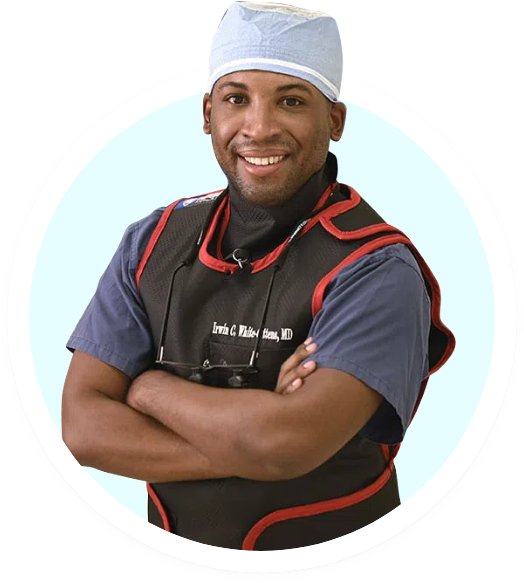Raised in Houston, Texas, Katie Woodard, DVM ’14, grew up raising show pigs for Future Farmers of America (FFA). Not only was it a big part of her childhood, the experience later fueled her interest in swine medicine, and eventually spurred her on toward a career in veterinary medicine.
Today, Dr. Woodard resides in rural Iowa with her husband and three children, working as a veterinary specialist at the Iowa State University Veterinary Diagnostic Laboratory (ISU VDL). At one of the largest food animal diagnostic labs in the country, her job is to support food animal veterinarians in the field and provide quality service to the food animal agriculture industry.
“Growing up as I did, I never developed much interest in the small animal side of veterinary medicine,” said Dr. Woodard. “And I knew, even then, that I wanted to be involved in safeguarding the health of food animals, a role perhaps I was always destined for.”
Working at the VDL for the past five years, Dr. Woodard’s case load consists of about 85 percent swine—a reflection of the large swine industry located in Iowa and across the Midwest. On any given day, the diagnostics lab processes between 400 and 500 cases, making for a dynamic and ever-changing work environment. In her current role, she is responsible for all client outreach and education, where she assists her clients with disseminating information coming out of the lab, IT innovations, and retrieving diagnostic data from the lab.
“Our clients are veterinarians, and my job is all about making the diagnostic lab/client interaction as streamlined and straightforward as possible,” Dr. Woodard said. “My position helps to bridge that communication between lab and real life.”
Additionally, each summer she takes on a veterinary student intern to work on a project related to the lab and/or the swine industry. This could include anything from collecting samples in the field to developing better testing protocols or testing different swab types in the lab to make more informed recommendations to her clients in the field.
Continuing her tradition of educating future veterinarians, Dr. Woodard has also chosen to give back to her alma mater. Now, a visiting professor at SGU, she teaches the swine portion of the three-year veterinary students’ curriculum in the School of Veterinary Medicine. In addition, she has interviewed students applying to the veterinary school for several years.
“St. George’s University was actually the only veterinary school I applied to,” stated Dr. Woodard. “Having worked at the Louisiana State University School Of Veterinary Medicine as a technician for two years, I was already familiar with the traditional US model, and wanted to see what other options were out there for schooling. This, combined with my impatience to get started, led me to choose SGU since it offered rolling admissions, a much-needed change of scenery, and a more hands-on approach to learning.”
According to Dr. Woodard, she looks forward to continuing to play her part in the training of young veterinary students and considers it a privilege to be able to introduce them to the work of swine medicine and all the industry has to offer. With her future interests turning toward biosecurity and transportation and the impact those practices have on the health of food animals, she still maintains her commitment to the education of food-animal-oriented veterinary students.
Published December 2019
